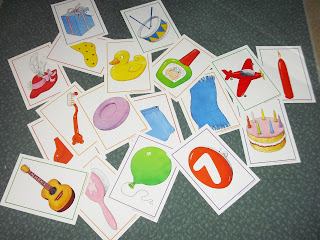YEAR PLANNING 2016/17 for Teachers

HAPPY YEAR COURSE 2016/17! I'm happy to see you again. Let's start to organise ourselves with some information. Remember that when you start the year course you should be updated with some information. This outline helps me to do the bases of my programming: 1- Year Calendar, to organise your course. http://www.ceice.gva.es/web/centros-docentes/calendario-escolar 2- International year and festivities: remember to celebrate 6 holidays/festivities at least: Halloween, Christmas, Peace day, Valentine's, Easter, Reading week/month. And obviously some of the traditional days of your community, i.e. Fallas. http://en.unesco.org/celebrations/international-years This year 2017 is the International Year of Sustainable Tourism: http://media.unwto.org/press-release/2015-12-07/united-nations-declares-2017-international-year-sustainable-tourism-develop 3- Laws in the Valencian Community. Each community has its own web with the laws and decrees. - DOCV http:

